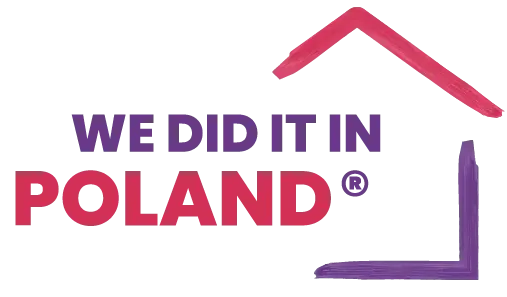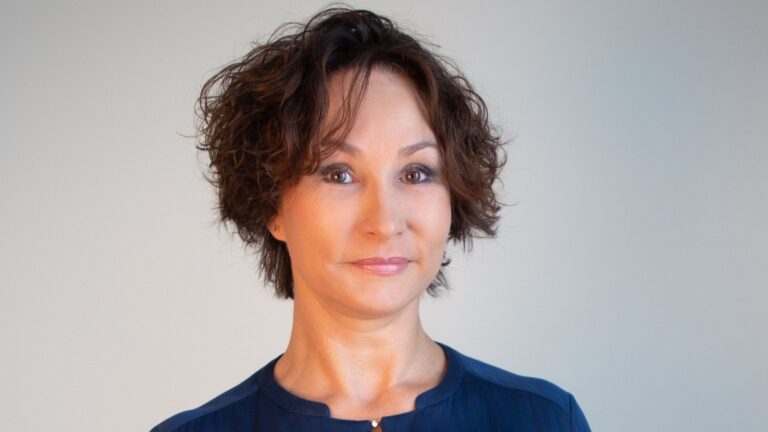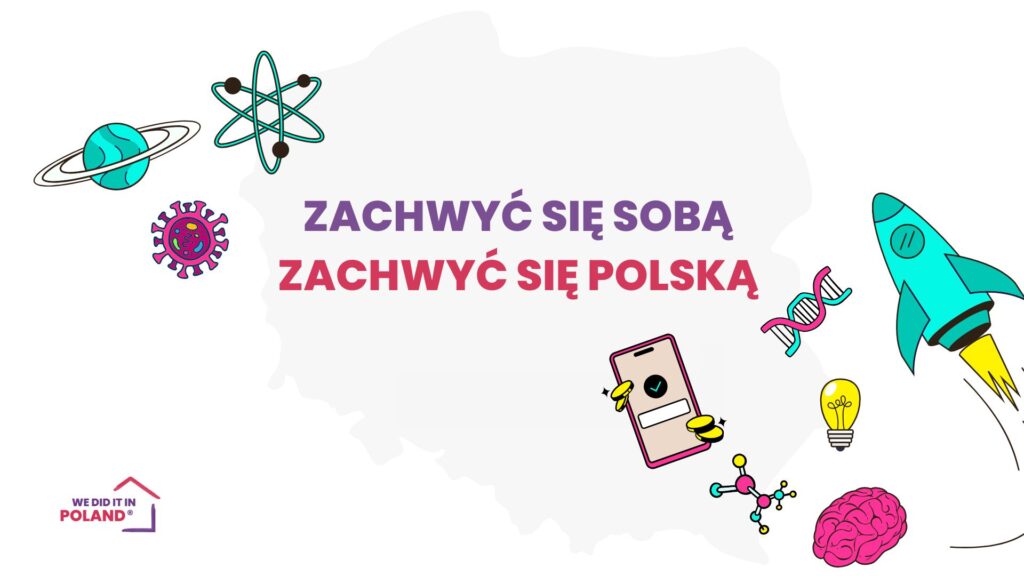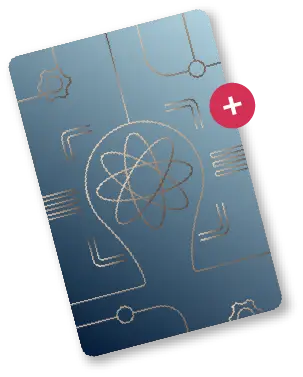Katarzyna Borycka – a physician, innovator and Winner of the Success Written in Lipstick Competition – is changing the face of diagnostics. She is the founder of Oasis, which we are presenting as part of the We Did It In Poland campaign. In a world where the status quo can kill good ideas faster than a lack of budget, she proves that courage is the driving force behind innovation. She tells us what it takes to create groundbreaking things, why crisis is the norm in innovation and how to survive when moments of doubt come.
ONIRY, behind which is Katarzyna Borycka, is a diagnostic tool developed in Poland designed to detect perinatal injuries in women giving birth by force. If undetected, they can lead to negative health consequences.
By using artificial intelligence algorithms, ONIRY reduces diagnosis time to about 60 seconds and allows immediate action to be taken to eliminate the negative consequences associated with perinatal injuries.
Get to know more about the creator of this Polish innovation!
What conviction did you have to overcome within yourself to create something truly innovative?
Katherine Borycka: I had to let go of perfectionism and the belief that everything had to be perfect before I could show it to the world. Innovation is not born in a closed laboratory – it is born in a collision with the real world, with its limitations and brutal honesty. I also had to accept that it is impossible to please everyone – and you don’t have to.
Was there a moment when you thought: “It won’t work”? What did you do then?
There were (and are) many such moments. In innovation, the crisis is no exception. I’m even getting convinced that it’s the norm. When the thought, “It won’t work,” gets me, I ask myself, “What is in my power now?” And I break the big failure into small steps. Then I take the first one. And I move on. Even if I’m not sure where it will take me.
I’m also fortunate to have people around me who, in moments when I start to doubt, remind me why it’s worth it and what it’s all for. I see this support as my most precious treasure.
How then is your relationship with failure and success – are they paralyzing or have you learned to tame them?
Failure and success are like two sides of the same coin – inextricably linked. When I feel I’ve reached the bottom, I remind myself … that’s where success begins.
When success comes, I try not to lose my vigilance. As a surgeon, I have learned humility, because in medicine and innovation there is no room for the illusion that everything will always go according to plan. Therefore, I try to treat success and failure as signals: what worked, what didn’t work, and what I still have to learn.
Which skills – the “unmeasurable” ones – have proven most important to you in building your company?
Mental resilience, curiosity and the ability to talk to people who think very differently from me. And one more thing0 – that I’m just learning: self-awareness. Because if I don’t know my strengths and weaknesses, I won’t build a team that complements me.
READ ALSO: Code to success. How does BLIK conquer Europe without losing its Polish DNA?
If you were to create a “survival manual for female innovators,” what would you put first in it?
On the first page I would write: “Don’t listen to those who say it can’t be done. Trust yourself – and don’t let go.” Don’t wait for permission or the perfect moment – start acting with what you have and where you are. And when the crisis comes, remind yourself why you started.
What, then, should absolutely be ignored when building something groundbreaking?
Voices that say, “It’s always been this way.” I think the status quo is the biggest enemy of innovation.
Imagine that you have no constraints – budget, technology, time – and can execute one crazy project. What would it be?
I would do exactly the same things I’m doing now – only faster and more efficiently. I would like to create a global rapid diagnostic and early warning system that is accessible to everyone. Something that detects health problems before they can ruin someone’s life.
I dream that every woman, no matter where she lives, has the right to know about her health and receive world-class care. I would like to see technology truly level the playing field.
LEARN ABOUT OTHER POLISH INNOVATIONS THAT WE PRESENT AS PART OF THE WE DID IT IN POLAND CAMPAIGN







